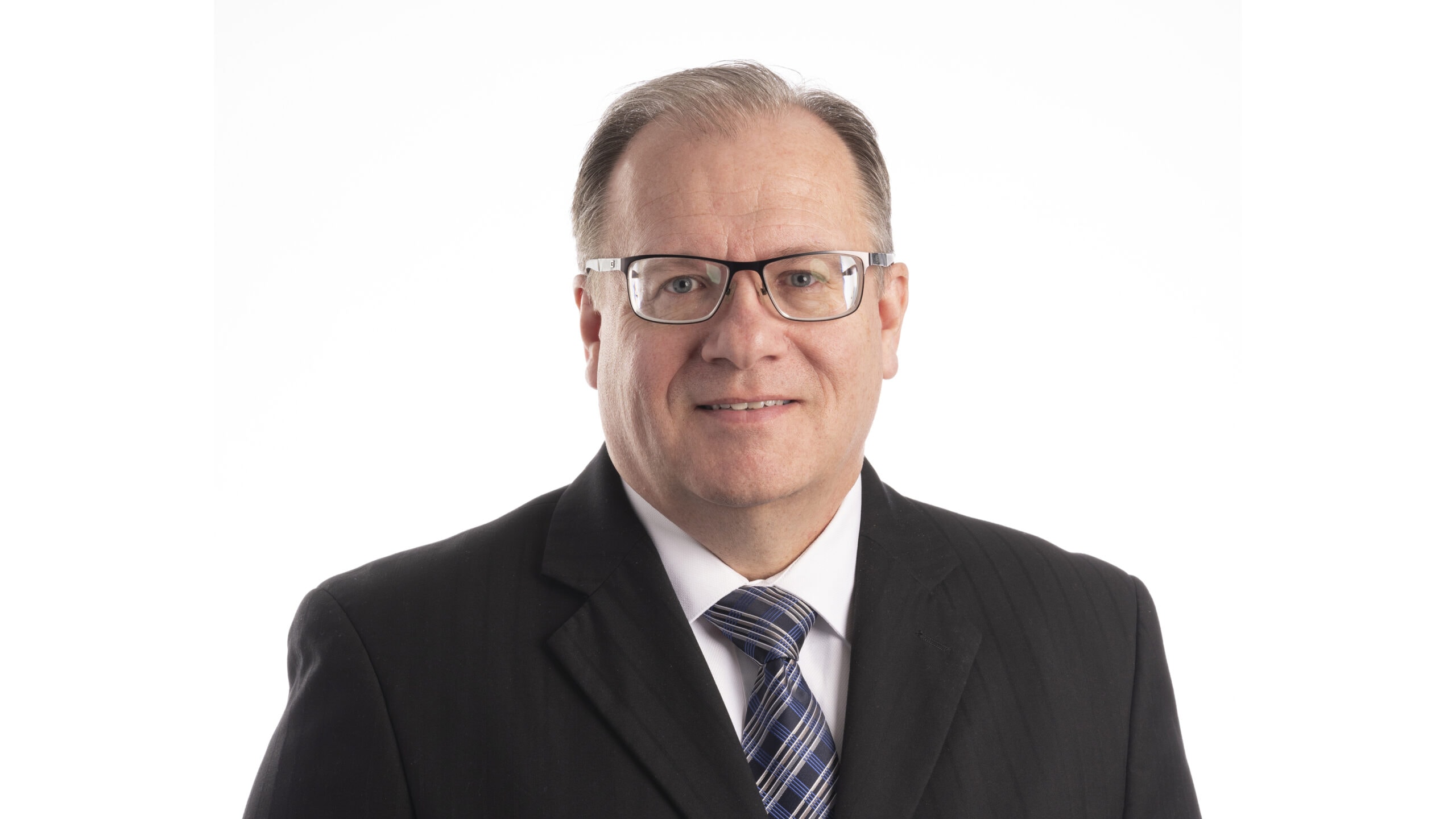Spotlight on the Department of Respiratory Care
| The College of Health Professions Department of Respiratory Care offers Arkansas’ only baccalaureate entry-to-practice respiratory therapy program and online A.S. to B.S. degree advancement program. The program is currently awaiting final approval of accreditation for the Masters of Science in Respiratory Care program, set to launch in fall 2024. The MSRC program will be one of only eight accredited entry-to-practice master’s degree programs in the nation.
As part of its scholarship agenda, the program is partnering with the College of Medicine in the second disbursement of an NIH grant focused on STEM and technology in medicine to recruit high-performing junior and senior high school students to the profession and program.
The faculty regularly makes national and international presentations. This year, presentations will include:
- Achieving APEX Recognition for Educational Programs
- Strategies for Strengthening Medical Director Engagement
- The Use of Professional Portfolios for the Assessment of Essential Professional Competencies
The program was recognized this year with the AARC Apex Award for 2023-2024. The award was presented to 11 accredited respiratory care programs in the country and recognizes excellence in curriculum content. UAMS is one of only 2 programs nationally to receive the award in consecutive years.
The program also excels in successful accreditation outcomes and credentialing success. In 2022, CoARC recognized the program with its President’s Award for Excellence in Credentialing Success. The award recognizes an overall credentialing success rate of 100% over a three-year average. Only twenty-three programs in the nation received the award. UAMS is the only program to have received the award each year since its inception. The program is also one of only three programs nation-wide to receive the CoARC Distinguished RRT Credentialing Success Award since its inception in 2010.
The department is led by me, Tom Jones, M.Ed., RRT, Chair. Tonya Cook, M.Ed., RRT serves as the Director of Clinical Education. Leslie Walker, B.S., NP-S, RN, is the neonatal / pediatric specialists. Theresa Gramlich, M.S., RRT, is the adult critical care specialist.
The UAMS Cardio-Respiratory Care programs are dedicated to developing practitioners of influence who demonstrate the value of our profession, and lead it forward to meet the needs of a diverse healthcare community. We embrace a competency-based model to reinforce and assess student proficiency in all clinical and therapeutic skills.
Additionally, students are expected to demonstrate competence in communication; problem solving and critical thinking; inter-professional and patient-centered practice; and ethical decision making and leadership.
I think one of the most unique aspects of the program involves an active partnership between the program and the Student Success Center designed to identify a means for addressing students’ deficits in academic skills, through pre-matriculation academic skills assessment, student workshops, remediation referrals, peer tutoring, and implementation of academic improvement plans.
A formal, professional mentoring program assists students in academic assessment and in the development of competence in program learning outcomes. Each student is paired with a faculty mentor who guides the student in assessing and evaluating their progress in development of these essential professional competencies. Throughout the program, students build an electronic portfolio of evidence which is periodically evaluated using a standardized rubric.
The program also acknowledges the role our profession has in palliative and end of life care. An annual Palliative Care and End of Life Seminar highlights the role of the respiratory therapist, provides resources and practical guidance in the development of ethical practice, and strengthens practitioner’s skills in coping with these important issues. The seminar is open to the public, and the program invites area community college respiratory programs to participate.
Students enrolled in the traditional program complete a wide range of student experiences to support their professional education. Students complete more than 800 hours of bedside instruction with clinical faculty and preceptors. In addition, cohorts consistently document more than 400 hours of physician interaction during the clinical phases of the program. Two concentrated clinical internships provide students the opportunity to develop professionally in the areas of clinical practice, communication, interprofessional practice, critical thinking, and professional behaviors.
The A.S.-to-B.S. Degree Advancement Program is designed to allow practicing RRT’s who graduated from an accredited Associate Degree program the opportunity to meet their educational and professional goals as practicing professionals. The thirty-semester credit professional program is offered in a 100% online format, which is perfect for therapists who need flexibility to complete their bachelor’s degree while meeting family, professional and personal obligations. The curriculum allows students to pursue study in specific areas of interest or professional specialty through various projects, papers and/or directed study. Upon completion of all program requirements graduates are awarded the Bachelor of Science degree in Cardio-Respiratory Care.
